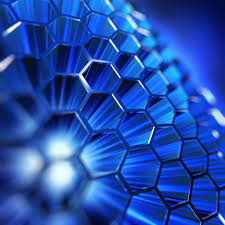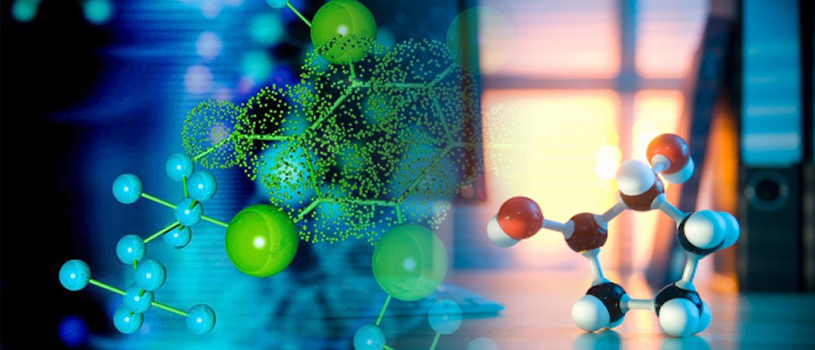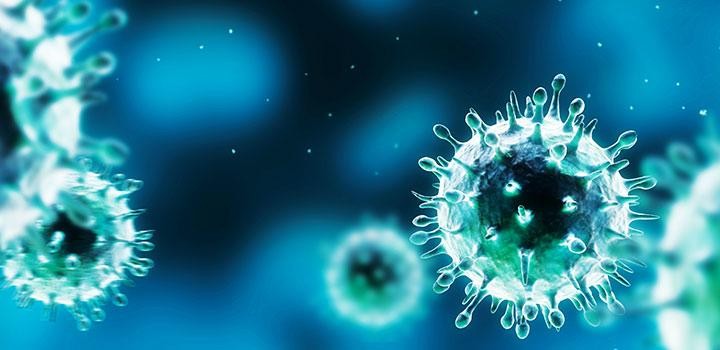
After gazillions of particle collisions in the LHC and countless rumors of Higgs discoveries, we have... yet another rumor of a Higgs discovery.

CERN has kicked off the High Luminosity LHC (Large Hadron Collider) study with a workshop bringing together scientists and engineers from some 14 European institutions, along with others from Japan and the USA. The goal is to prepare the ground for an LHC luminosity upgrade scheduled for around 2020.

Based on extensive feedback from the broader particle physics community on its neutrino time-of-flight measurements presented at CERN on September 23, the OPERA

The last missing piece of scientists’ fundamental model of particle physics is running out of places to hide.

Two experimental collaborations at the Large Hadron Collider, located at CERN laboratory near Geneva, Switzerland, announced that they have significantly narrowed the mass region in which the Higgs boson could be hiding. The ATLAS and CMS experiments excluded with 95 percent certainty the existence of a Higgs over most of the mass region from 145 to 466 GeV.

The physics world was abuzz with some tantalizing news a couple of weeks ago. At a meeting of the European Physical Society in Grenoble, France, physicists -- including some from Caltech -- announced that the latest data from the Large Hadron Collider (LHC) might hint at the existence of the ever-elusive Higgs boson.

The Japanese-European ASACUSA experiment at CERN has reported a new measurement of the antiproton

On June 17 at around 10:50 CEST, the amount of data accumulated by LHC experiments ATLAS and CMS clicked over from 0.999 to 1 inverse femtobarn, signaling an important milestone in the experiments

(PhysOrg.com) -- Seventeen minutes may not seem like much, but to physicists working on the Antihydrogen Laser Physics Apparatus (ALPHA) project at the CERN physics complex near Geneva, 1000 seconds is nearly four orders of magnitude better than has ever been achieved before in capturing and holding onto antimatter atoms. In a paper published in arXiv, a team of researchers studying the properties of antimatter, describe a process whereby they were able to confine antihydrogen atoms for just that long, paving the way for new experiments that could demonstrate properties of antimatter that until now, have been largely speculation.

Outside the small village of Meyrin, Switzerland, horses graze quietly in fields lined by the Jura mountains. You

A researcher at the Large Hadron Collider has turned data from the massive atom smasher into sound. She has two main goals: Create a new way to analyze and study the data, and get non-scientists interested in the research.

(PhysOrg.com) -- Physicists are closer than ever to finding the source of the Universe